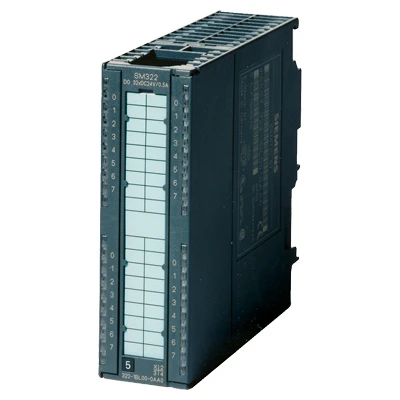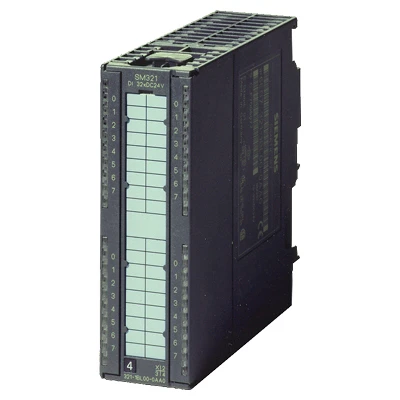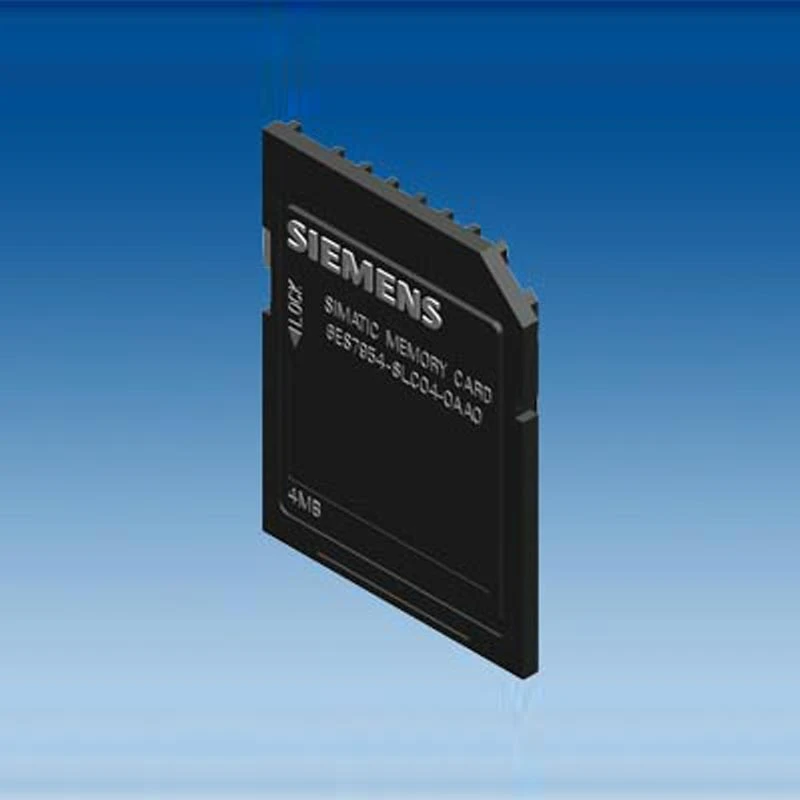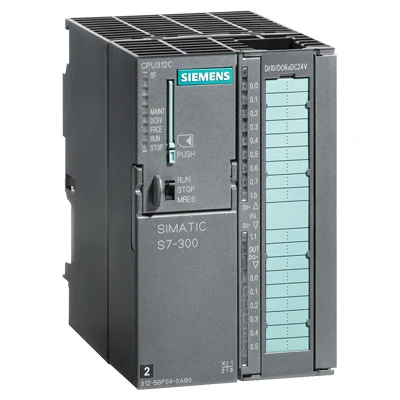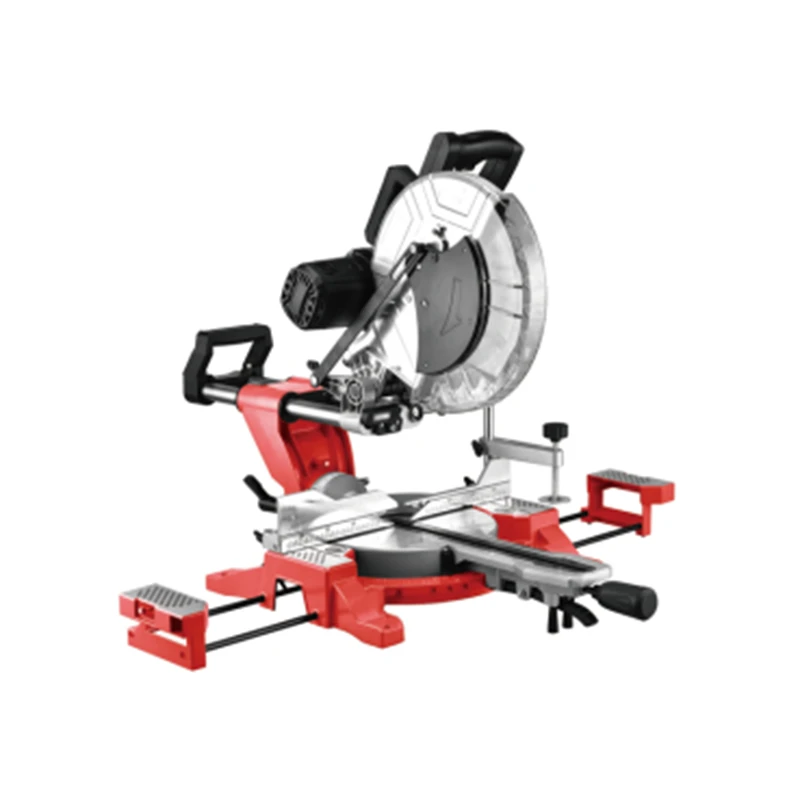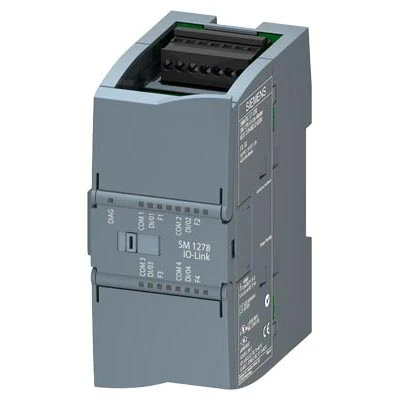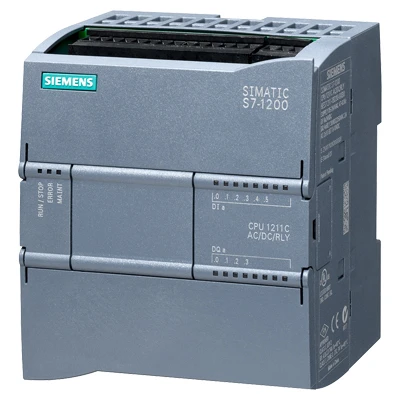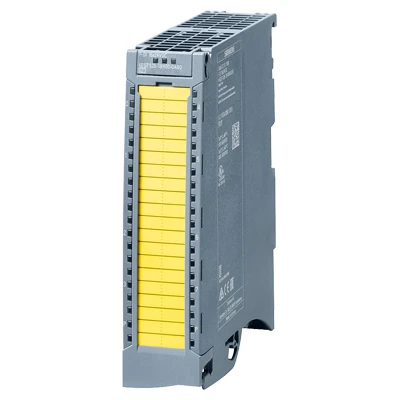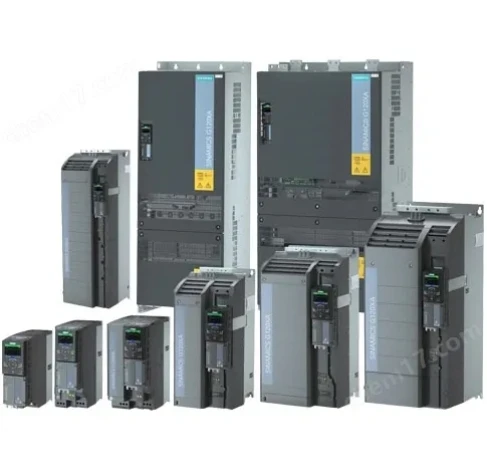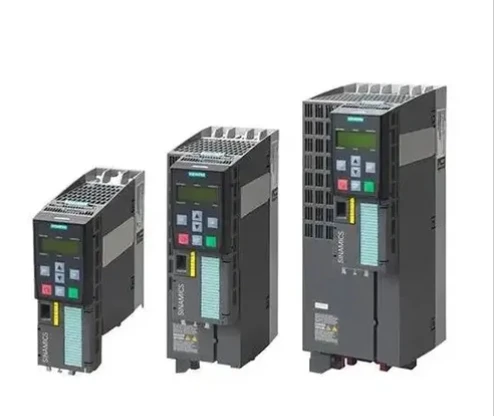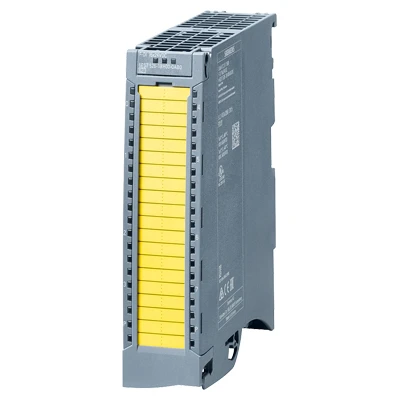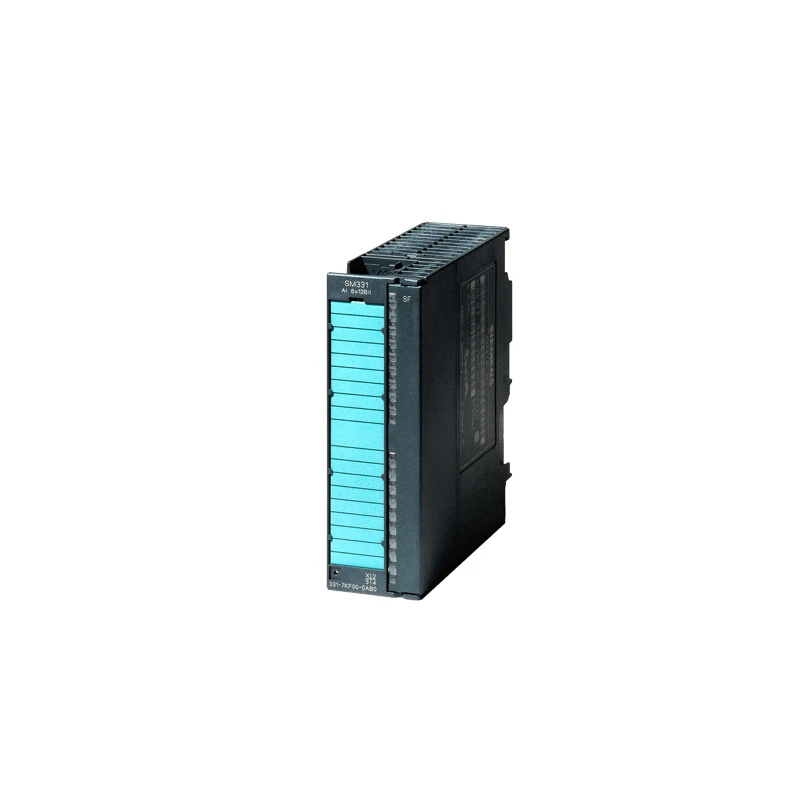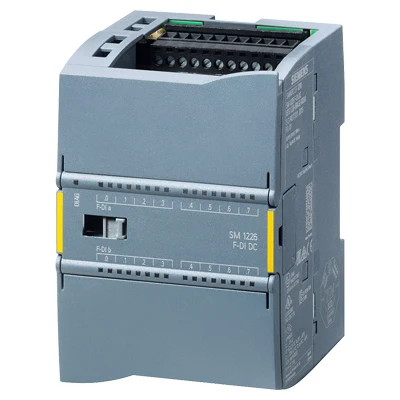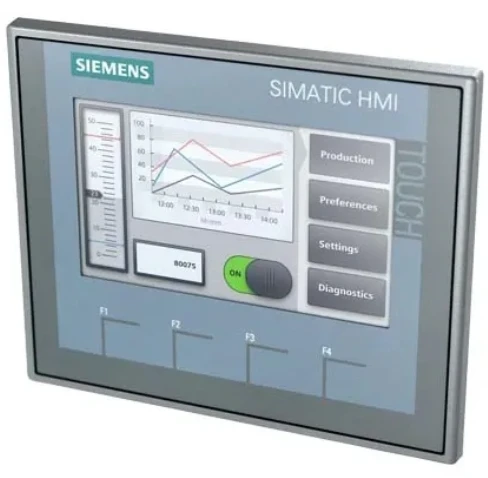Save on Energy Buy Variable Frequency Drive Today
- The Evolving Landscape of Motor Control Systems
- Core Technological Advantages of Modern VFDs
- Manufacturer Comparison: Performance Benchmarks
- Custom Engineering Solutions for Complex Demands
- Industry-Specific Application Case Studies
- Technical Considerations for System Integration
- Strategic Sourcing and Operational Implementation
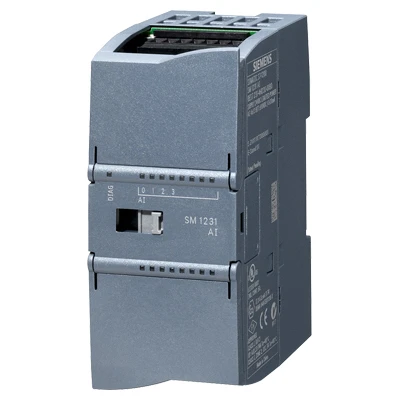
(buy variable frequency drive)
The Evolving Landscape of Motor Control Systems
Industrial operations increasingly recognize energy optimization as a strategic priority rather than merely a cost-cutting measure. The migration from traditional motor starters to sophisticated drive systems represents a fundamental shift in operational philosophy. Current market analysis reveals a 5.8% annual growth in precision drive adoption globally, driven primarily by manufacturing (42% of installations) and HVAC sectors (28% market share). This transition responds to two converging pressures: tightening international energy regulations and the proven ROI of adaptive motor control. Proper drive selection requires comprehensive understanding beyond basic specifications, including harmonic mitigation capabilities and environmental operating tolerances. Facility managers prioritizing operational continuity must now evaluate drives as holistic systems rather than isolated components.
Core Technological Advantages of Modern VFDs
Contemporary variable frequency technology delivers performance enhancements that fundamentally reshape operational capabilities. Intelligent vector control algorithms enable torque precision within ±0.2% across variable speed ranges, eliminating traditional motor slip concerns. Modern thermal management systems now permit consistent operation at 95% rated load without derating – a 30% improvement over legacy models. Voltage ride-through capabilities maintain functionality during 88% of momentary grid disturbances, preventing costly production interruptions. Integrated harmonic filtering technology effectively reduces THD (Total Harmonic Distortion) to below 5% from traditional levels exceeding 35%, eliminating expensive external filtering requirements while ensuring compliance with IEEE 519 standards.
Manufacturer Comparison: Performance Benchmarks
| Manufacturer | Efficiency Rating | Protection Rating | Voltage Range | Response Time |
|---|---|---|---|---|
| Brand A Premium Series | IE4 Super Premium | IP55 Standard | 200-480V ±10% | 2ms |
| Brand B Industrial Line | IE3 Premium | IP66 Sealed | 380-500V ±15% | 5ms |
| Brand C Heavy Duty | IE4 Super Premium | IP54 Protected | 220-600V ±20% | 10ms |
| Brand D Smart Drive | IE3 Premium | IP65 Waterproof | 240-480V ±12% | 3ms |
Performance comparisons reveal significant operational differentiators beyond initial cost considerations. Brand C's extended voltage tolerance (±20%) proves critical in regions with unstable grid infrastructure, while Brand B's IP66 sealing outperforms industry standards for food processing and chemical environments. The 2ms response time of Brand A units becomes non-negotiable for manufacturing robotics requiring microsecond precision. Independent laboratory testing validates Brand D's energy recovery efficiency at 97.3%, yielding documented 18-month ROI periods in continuous operations.
Custom Engineering Solutions for Complex Demands
Specialized industrial applications often necessitate tailored drive configurations beyond standard offerings. Petrochemical installations require Class 1 Division 2 certified housings for explosive environments – a specification met by just three global manufacturers. Mining applications involving conveyor slope angles exceeding 18° demand customized deceleration profiles to prevent material slippage during controlled stops. Tunnel boring equipment benefits from multi-motor synchronization capabilities maintaining ±0.05% speed differential under variable load conditions. Regenerative drives return approximately 35% of braking energy to the grid in crane applications – customization that transforms energy-intensive operations into net energy contributors.
Industry-Specific Application Case Studies
The transformative impact of precision motor control manifests differently across sectors. Municipal water authority deployments in drought regions demonstrate remarkable results: pressure-regulated pumping systems reduce consumption 43% compared to constant-rate alternatives while preventing system leakage through pressure stabilization. Pharmaceutical manufacturing facilities implementing cleanroom-compliant models document 25% fewer airflow deviation incidents versus conventional drive installations. Plastic extrusion operations achieve 0.9% material thickness consistency with torque-regulated systems, reducing waste by seven metric tons monthly. Semiconductor fabrication units report particulate contamination levels decreased to ISO Class 4 standards after upgrading to electrostatic dissipation certified drives.
Technical Considerations for System Integration
Seamless integration requires meticulous planning beyond drive specifications. Installation considerations must address thermal management: adequate enclosure airflow prevents efficiency losses of 1.5% per 10°C above rated temperatures. Harmonic distortion calculations must factor entire electrical distribution systems – resonance at 17th harmonics caused catastrophic capacitor bank failures in documented industrial cases. Proper programming necessitates oscilloscope validation of switching waveforms: undersized IGBT snubber circuits caused premature failure in 12% of surveyed premature drive replacements. Communication protocols now extend beyond traditional Modbus to PROFINET and EtherCAT implementations requiring shielded cabling at minimum CAT6e specifications.
Strategic Sourcing and Operational Implementation
Procurement decisions should evaluate long-term operational viability rather than exclusively focusing on initial expenditure. Industrial facilities should always buy variable frequency drive
solutions compliant with ISO 55000 asset management standards to ensure lifecycle maintainability. The decision to buy VFD drive systems must account for regional technical support availability - facilities with onsite service reduce downtime incidents by 78% compared to operations reliant on remote assistance. Leading implementations incorporate dual power path architectures enabling zero-interruption drive replacement during preventive maintenance cycles. Operators should buy vfd technologies with validated cybersecurity certifications like IEC 62443-3-3 to prevent malicious operational interference – attacks increasing 200% annually according to industrial security consortiums.
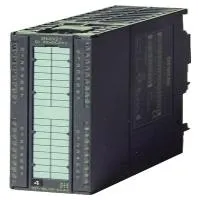
(buy variable frequency drive)
FAQS on buy variable frequency drive
Q: How do I buy a variable frequency drive for my application?
A: Determine your motor specs like power rating and voltage requirements first. Then, compare products from reputable brands online or through industrial suppliers. Ensure compatibility and check warranty options before purchasing.
Q: What factors should I consider when I buy a VFD drive?
A: Evaluate critical features such as energy efficiency ratings, overload protection, and torque control capabilities. Verify input/output voltage matches your system to avoid issues. Also, read user reviews for reliability insights.
Q: Where can I find the best deals to buy VFDs?
A: Check online marketplaces like Amazon or specialized retailers such as Schneider Electric’s website. Look for discounts during seasonal sales and compare shipping costs. Always prioritize vendors with good return policies.
Q: Why is it beneficial to buy a variable frequency drive for industrial use?
A: VFDs reduce energy consumption by up to 50%, cutting electricity bills. They extend motor lifespan through smooth speed control and minimize maintenance needs. This makes them cost-effective for long-term operations.
Q: How do I ensure quality when I buy a VFD drive online?
A: Choose certified sellers with positive feedback ratings on platforms like eBay or Grainger. Inspect product s for certifications like UL listing. Request manuals and support details to confirm authenticity.

